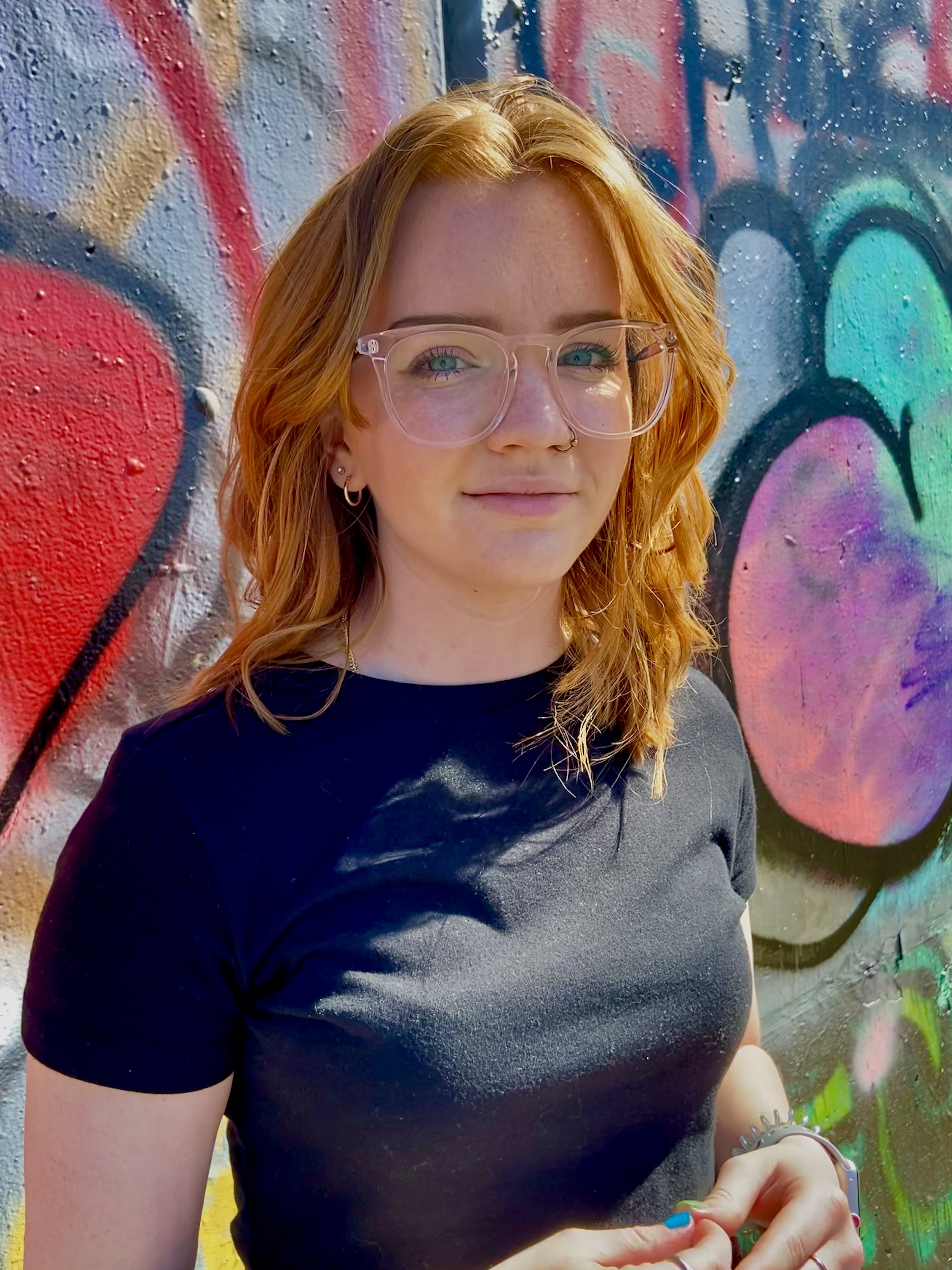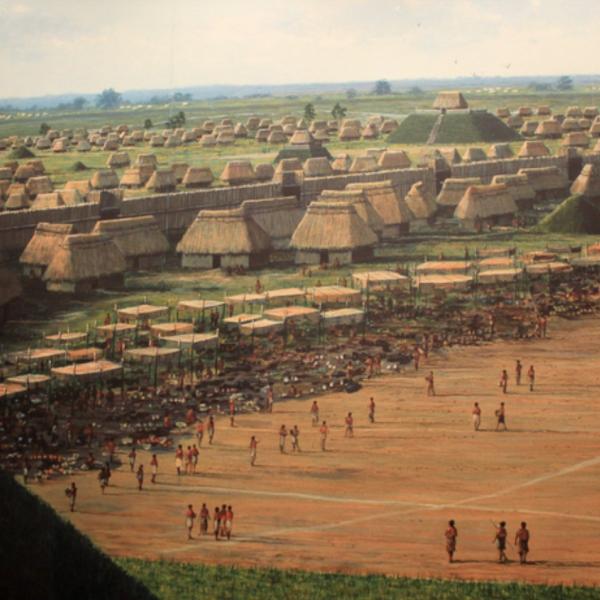Sophomore Gracie Hime shares her experience in the “Literary Culture of Modern Ireland” Ampersand program.

After nearly a year of being a part of the Ampersand program “Literary Culture of Modern Ireland,” I can honestly say that my naïve thought process led me to something much greater than I expected. I applied for this program simply because I wanted to travel to Ireland and to learn more about my Irish roots. While these aspects still fuel some of my interest, being introduced to such an amazing community has superseded all other facets of the program. This is a community of literature lovers, storytellers, scholars, and lifelong friends.
Ireland lost its voice, and in some ways, it is still muffled. In high school, authors like W. B. Yeats and Oscar Wilde are grouped into the “British Authors” reading unit, and no one bats an eye when their biography reads “Born in [insert Irish county], Ireland.” The English undoubtedly had rule over Ireland during the greater moments of Irish literature, but that is exactly the reason this literary distinction should be made. The Ampersand program did exactly that -- acknowledged the importance of Irish literature in reference to a greater picture of English colonialism, but also on a smaller scale of the revival of Irish literature and culture.
Because Irish literature and culture is not a widely studied topic, the Irish Studies community is family-like and welcoming. With about five professors supporting the Ampersand program, our small class felt like family. Especially in a school year like the last, this group was so critical to my first-year experience. I felt so comfortable talking with my professors -- whether it be about the class, general reading, or even life advice. Everyone was so well-versed in their respective areas of expertise within Irish studies, and it was inspiring to receive their knowledge and wisdom.
Considering that this program devoted 9 credit hours to my first-year schedule, I had a feeling that the relationship with my classmates would be more significant than other classes. This is especially true considering it was the only in-person class that some of us had. I was surprised, though, just how close me and the other Irelanders became. From meme-chats to picnics and book clubs, we created a camaraderie that was inseparable. I must admit, a few tears were shed on the last day of class, but it was reassuring knowing that we could come back to each other (including the professors) at any point in our college careers. In fact, we will be traveling with each other next summer!
Looking back, I can confidently say that this class transformed my view of literature, the college experience, and the world. It has given me the opportunity to explore my interest, despite being such a niche area of study. It has pushed me in a way that is new to me while still being easy to personally relate to. I don’t necessarily say this because I am Irish, but more so because of the introspection needed to really digest Irish literature; it has its worldly implications, but it also has a personal dimension. I feel like this is the reason this program really altered my first-year experience: it gave me an understanding of the personal and social significance of storytelling and how it can bring people together.




